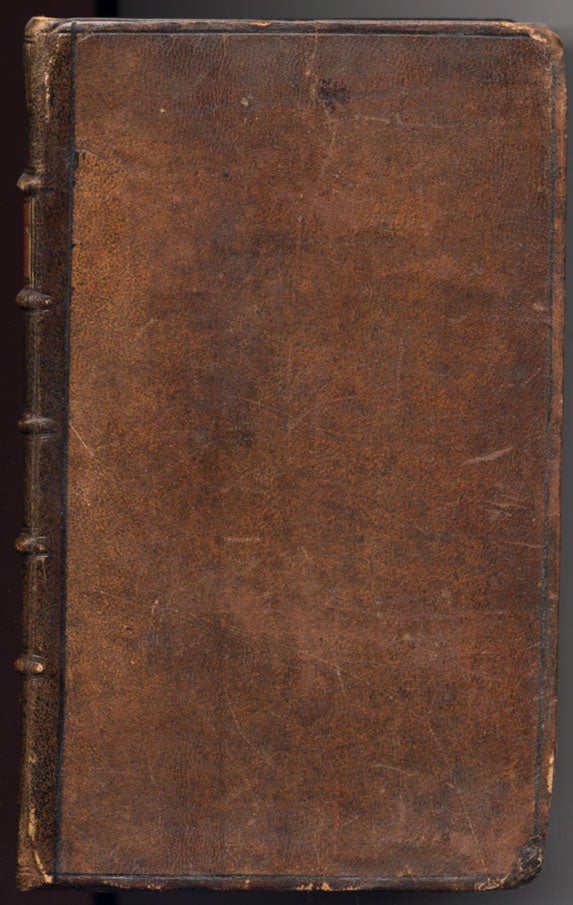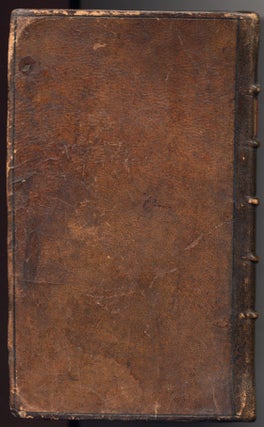Poems, Supposed to Have Been Written at Bristol, By Thomas Rowley and Others in the Fifteenth Century; The Greatest Part Now First Published from the Most Authentic Copies, with and Engraved Specimen from One of the Mss. To Which are Added a Preface, An Introductory Account of the Several Pieces, and a Glossary.
London. Printed for T. Payne and Son. 1777. 1777. Hardcover. 8vo, 20.5cm, 2nd edition, 307p.,xxvii, [1],307p., (inc title page), 1 plate, in full contemporary dark brown sheep, blind ruled raised bands, crushed orange leather label, gilt titles, some slight wear on the board edges else a fine copy (n14) Chatterton invented his fifteenth-century monk, Thomas Rowley, when he was fifteen after his imagination was fired by finding some authentic scraps of manuscript, as depicted in the plate at page 288. He wrote the poems in an authentic medieval style, convincing a large proportion of his readers of their authenticity. Although later uncovered as a literary imposter, he was later taken more seriously as an artist in his own right, particularly by the Romantics, who venerated him as a misunderstood tragic genius: becoming Wordsworth's "marvelous boy" and Keats's "child of sorrow." For Oscar Wilde he was a "pure artist." Item #25229
Price: $499.99 save 25% $374.99



